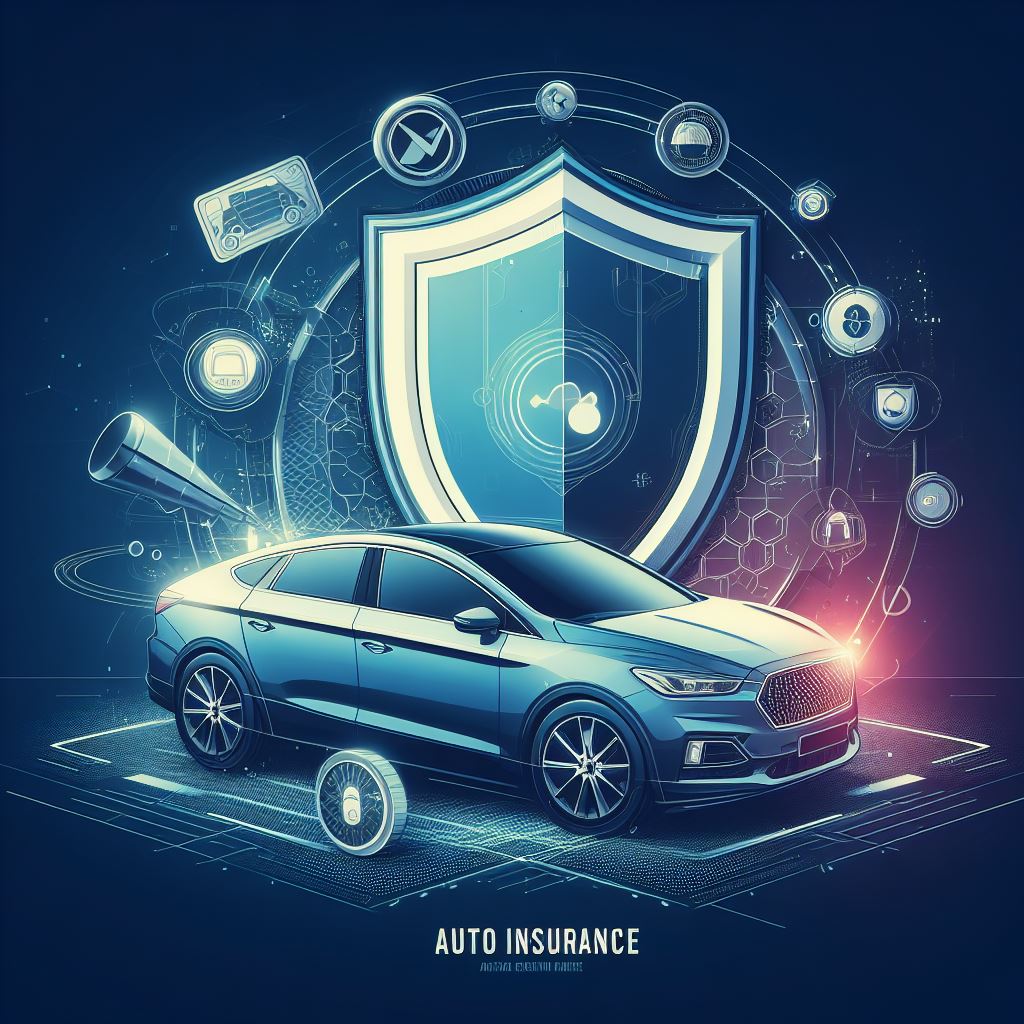
Tailoring Protection: Steps to Finding the Right Third Party Car Insurance Policy
Understand Third-Party Car Insurance:
Begin by familiarizing yourself with what third-party car insurance covers. This policy type covers damages caused by your vehicle to other vehicles, properties, or individuals involved in an accident. It does not cover damages to your own vehicle or personal injuries sustained by you in an accident. Understanding these limitations is crucial in determining if third-party insurance is sufficient for your needs. For a more comprehensive solution, you might consider san diego full coverage auto insurance, which provides a broader range of protection. When exploring san diego auto insurance rates, it's essential to start by understanding the basics of different policy types.
Evaluate Legal Requirements:
Check your country or state's legal requirements regarding car insurance. In many jurisdictions, third-party car insurance is mandatory, and failing to have it could result in hefty fines or other penalties. Ensure that you meet the minimum legal requirements while considering additional coverage if needed.
Assess Your Driving Habits :
Consider your driving experience and habits while making this assessment. A simple third-party coverage could be appropriate if you're an experienced driver with a spotless driving record and a minimal probability of getting into accidents. However, you might want to look into extra coverage alternatives if you're a rookie driver or routinely travel through busy locations.